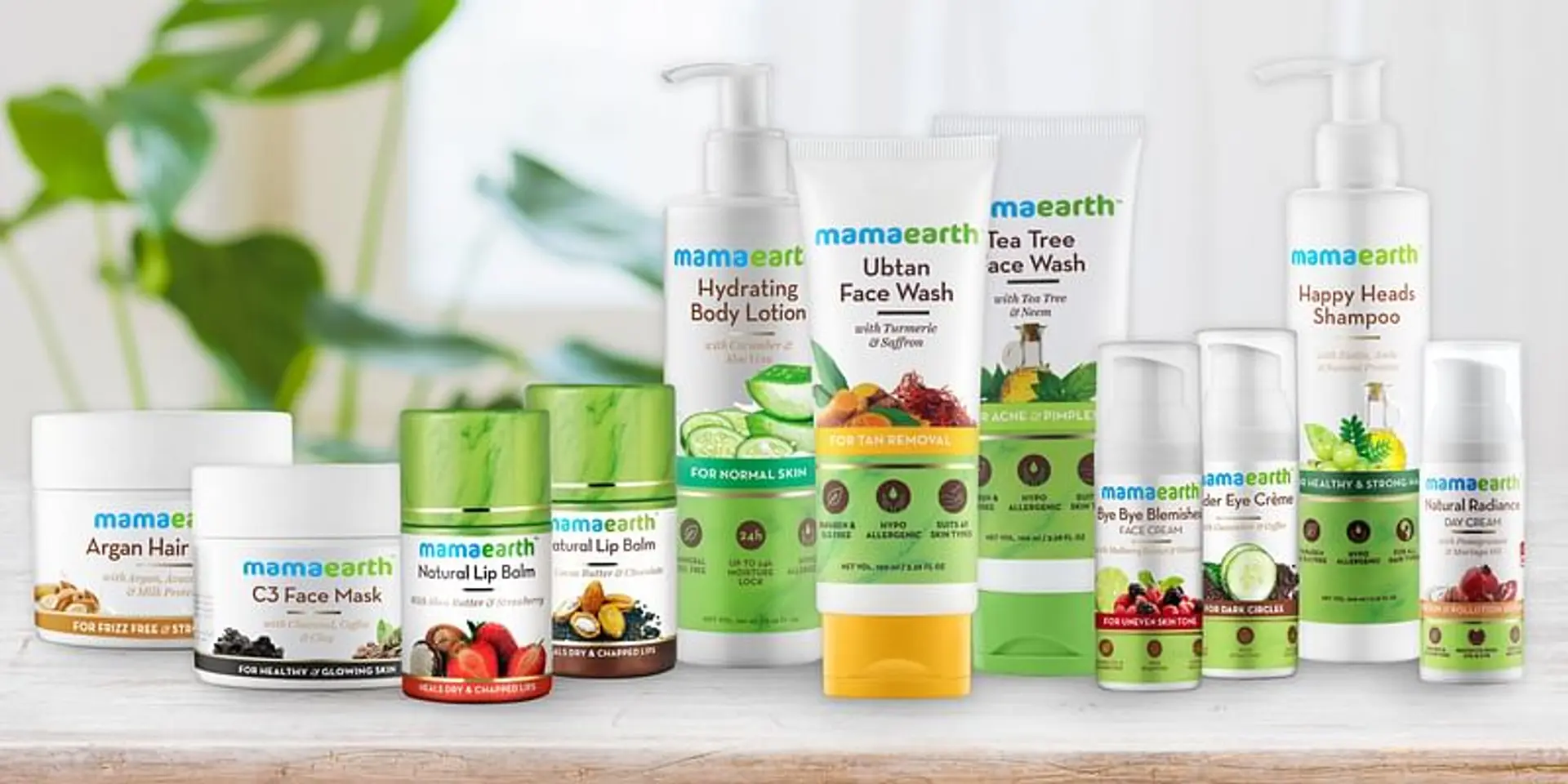Mamaearth puts $300M IPO on hold: Report
Mamaearth's parent Honasa Consumer was looking to raise up to $300 million through a public listing, which could have valued the company at around $3 billion.
Beauty and wellness brand has put its initial public offering (IPO) plan to raise $200 million-$300 million on hold due to weak market conditions, according to a Reuters report.
Gurugram-based Honasa Consumer, Mamaearth's parent, had filed documents for a public listing in December. It was looking to raise up to $300 million by issuing new equity and an offer for sale of some existing shares. The share sale could have valued the company at about $3 billion, a move that attracted several critical questions.
The Sequoia-backed direct-to-consumer (D2C) company is now on a "wait and watch mode", according to the report, quoting sources, given the turbulence in stock markets globally, amid worries about the financial health of banks.
Mamaearth had planned to start marketing the IPO and initiate talks with investors by the end of January, but that has not happened yet. In preliminary informal checks with investors, there was a difference in the valuation that the company was seeking and what investors were willing to give, the report noted, citing unnamed sources.
YourStory could not independently verify the report. We have reached out to Mamaearth for official comments. The story will be updated once there is a response.
The company has until December to receive approval for the IPO from the Securities and Exchange Board of India (SEBI) and file its final prospectus. It still plans to list, but with a delay, according to the Reuters report. It may re-evaluate market conditions and start its marketing process by October if the sentiment improves.
Mamaearth CEO Varun Alagh told Reuters that the company would not be "optimising for short-term valuations" and it is "in this for the long term". Mamaearth was engaging with SEBI for approval and would consult with bankers after that, said Alagh.
He added that Sequoia, its largest investor, would not be selling any shares in the IPO, and the founders would own more than 97% of their shares after the IPO.
Edited by Swetha Kannan








